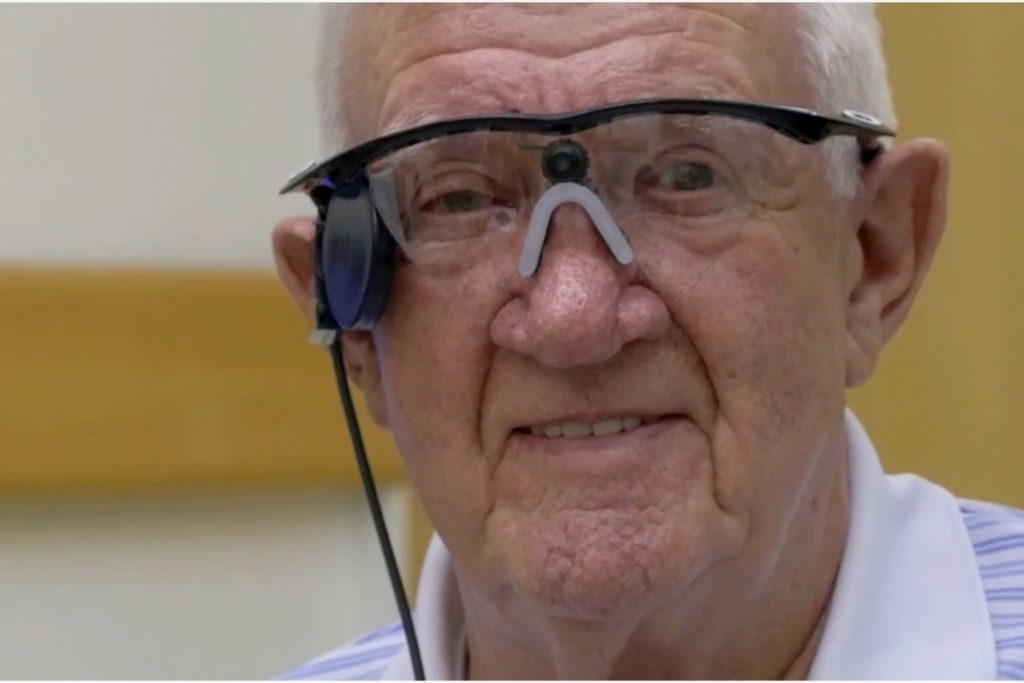When it comes to aging, our hands are especially vulnerable to losing our dexterity and hearing. These two abilities are correlated with executive function. Hand dexterity declines along with other physical functions. This article examines the patterns of hand dexterity decline in older adults. It also discusses how manual dexterity declines with executive function. For more information, please visit the following links:
Selectivity index showed significant GROUP differences
In a recent study, the Selectivity Index revealed that recall of high-value items correlated with better performance on tasks that measure working memory capacity. Specifically, the selectivity index of individuals with AD was significantly correlated with performance on tasks that measure complex span, get more on wilmacliving.com. Despite the differences in group composition, the results demonstrated that selectivity can be learned even as we age. This study further indicates that the Selectivity Index is a powerful indicator of cognitive function.
In this study, participants completed a selection task that required them to recall a set of words. Each word had a different value. Participants were instructed to remember as many words as possible and were given a score after each recall. After a short period of time, the subjects were asked to remember a new list of words. The number of words they remembered was then calculated to determine the Selectivity Index.
Cognitive decline group had reduced selectivity compared to all groups
The Subjective Cognitive Decline Questionnaire (SCDQ) is a measure of subjective cognition. It has been designed to quantify the subjective perception of cognitive decline in individuals over the past two years. This standardized questionnaire asks subjects whether they had difficulties with 24 tasks that require cognitive function. It is administered to the subjects and informants separately. A person who has experienced cognitive decline will score less on SCDQ than a person who has not.
Using the whole group as the comparison group, the researchers determined that cognitive performance is similar in males and females. This means that the CFA models fitted equally well in both sexes. However, a study conducted with only male participants found that the results were different than those of the full group. This implies that the models are derived from the same model, but are suited to females.

Patterns of decline in manual dexterity
The deterioration of manual dexterity in older people can be attributed to a wide range of factors. Cognitive decline and sensorimotor impairments are also associated with lower manual dexterity. However, the relationship between the two processes has yet to be determined. Previous studies have found that older people with cognitive impairments have reduced manual dexterity, but the findings of this study suggest that they may not be linked.
Unlike young adults, older adults tend to score lower than younger individuals on manual dexterity tests. Their fine motor skills and performance speed also diminish. For example, an elderly pianist may still exhibit high finger dexterity on the piano keys but find needlepoint too difficult. These findings point to the importance of evaluating and reversing the causes of manual dexterity decline.
Relationship between hand dexterity and executive function
Hand dexterity is an important component of executive function, which is independent of global cognition. It is associated with executive function, and may therefore be used to predict executive function impairment in older people. This association suggests that hand dexterity may be important in maintaining executive function in higher functioning older adults. However, it has not been definitively established that the relationship between manual dexterity and executive function decline as we age.
To assess the association between handgrip strength and hand dexterity, three studies were conducted. One compared a group of high-functioning and low-functioning older adults. It found that handgrip strength was significantly associated with hand dexterity. However, this association was weaker in higher-functioning individuals. The authors suggest that this finding may be due to the small sample size of the original study.
